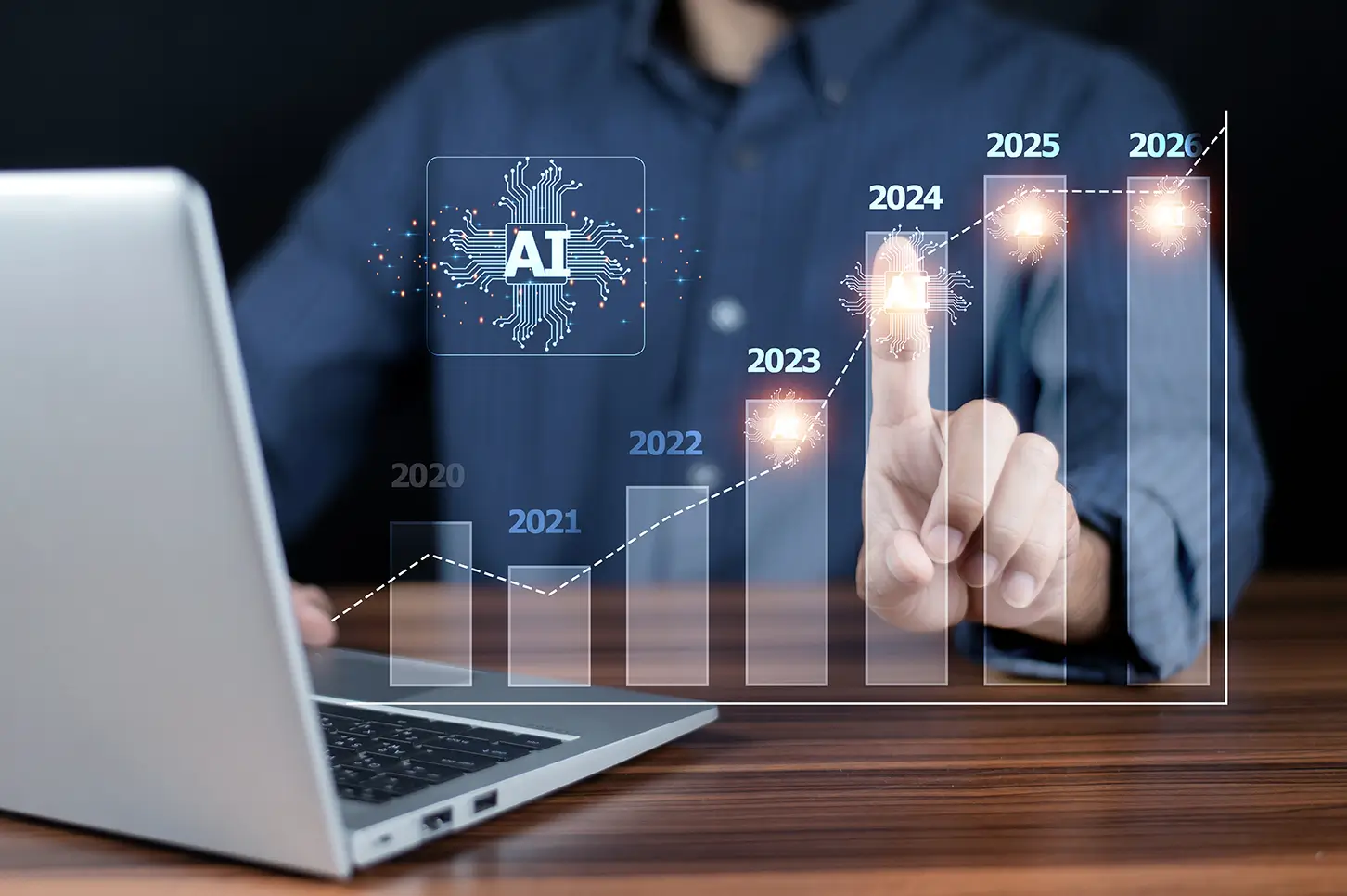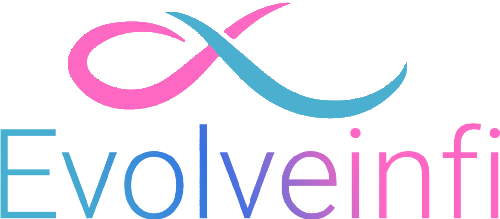Transform your business vision into a comprehensive AI business strategy with our proven AI strategy framework and roadmap development services. We create customized AI implementation strategies that align with your specific business objectives, industry requirements, organizational capabilities and long term goals. Whether you’re seeking the best AI for business strategy or advanced generative AI business strategy, our approach ensures your organization is prepared for scalable, future-ready transformation.

Deep-dive analysis of your current technology stack, business processes, and market opportunities to identify the right AI adoption strategy for sustainable growth.
A clear AI strategy roadmap with milestones, timelines, and resource allocation to guide your AI integration strategies efficiently.
Detailed financial analysis demonstrating expected returns and competitive advantage
Selection of optimal AI integration platforms and AI integration solutions tailored to your budget and business needs.
Proactive planning with an experienced AI integration consultant to minimize risks and ensure smooth execution.

We assess your current systems, capabilities, and market position to align your AI and business strategy with measurable goals.
Design of a customized AI strategic planning framework with prioritized use cases for AI business development.
Optimized budget allocation, team structuring, and timelines with the support of AI integration services and specialists.
Governance structure, KPIs, and AI adoption framework for efficient execution and scaling.
Stay ahead of the competition with innovative AI integration consulting and generative AI integration services.
FAQ
An AI Roadmap is a structured plan that outlines how your organization will integrate AI into its operations—covering strategy, pilot selection, implementation phases, and scaling. It helps align AI efforts with your business goals, optimizes resource allocation, ensures scalability, and mitigates risks.
The best AI roadmaps organize efforts across multiple "workstreams": strategy alignment, business value delivery, organizational structure, culture and skills, governance, engineering infrastructure, and data readiness.
Most frameworks follow these phases:
Monitoring & Optimization – Track performance and iterate.
Timelines vary based on project size. Enterprise-level roadmap development and implementation typically take 12–24 months, whereas smaller initiatives can take 6–12 months from planning to execution.
A robust roadmap aligns AI use cases with tangible business objectives and sets clear KPIs—like cost savings, efficiency gains, enhanced customer satisfaction, or revenue growth. This ensures AI projects deliver measurable ROI.
Absolutely. Even small businesses can harness the power of AI with a tailored roadmap that guides scalable and secure adoption—preventing wasted resources and enabling focused innovation.
Governance is vital. An AI roadmap should embed governance structures—covering principles, policies, risk management, and ethical safeguards—to ensure AI initiatives are responsible, compliant, and trustworthy.
Effective AI roadmaps require sponsorship from leadership (e.g., CIO, CAIO), collaboration across business units, IT, and analytics teams, and AI champions embedded in workflows to drive and sustain adoption.
A well-designed roadmap is iterative—built to evolve. It includes ongoing monitoring, model refinement, process adaptation, and scaling across use cases to stay aligned with changing business needs.
Typical challenges include poor data quality, talent limitations, legacy systems, unclear ROI, and stalled pilots. A detailed roadmap anticipates these challenges and builds strategies to address them, ensuring smoother AI adoption.

EvolveInfi is a leading AI development company founded in 2019 with a mission to make artificial intelligence accessible and profitable for businesses of all sizes. Our team of 50+ AI engineers, data scientists, and developers has delivered successful projects for startups to Fortune 500 companies.
Copyrights © 2026. EVOLVEINFI. All Rights Reserved.